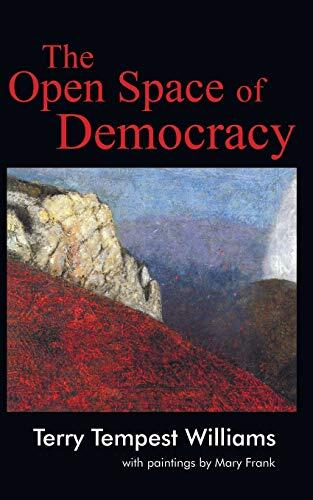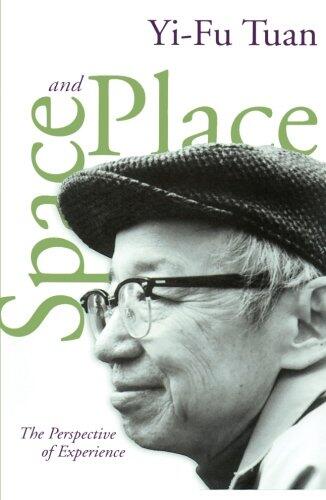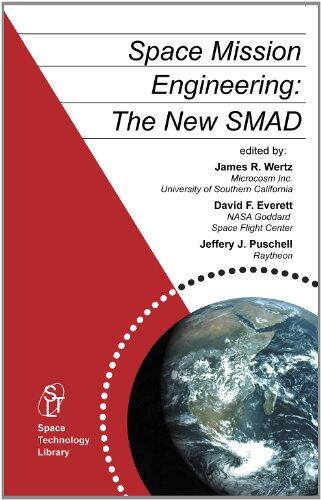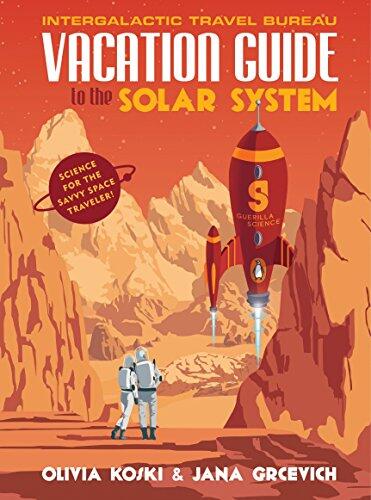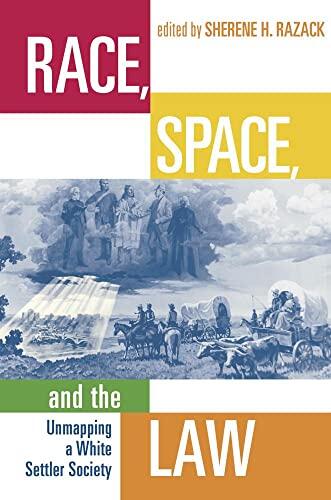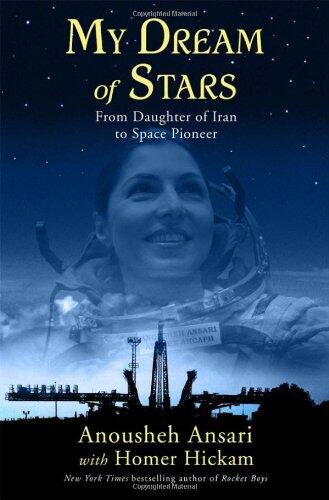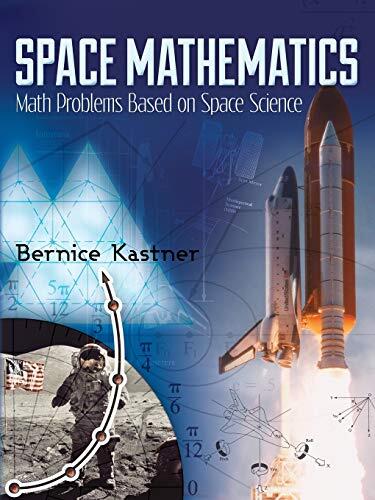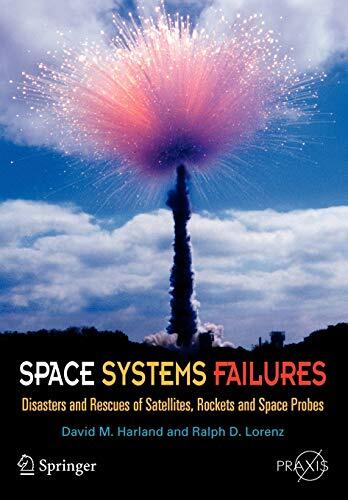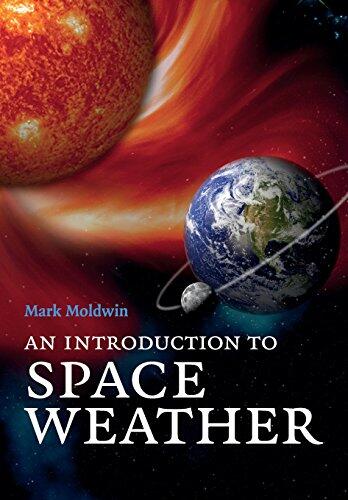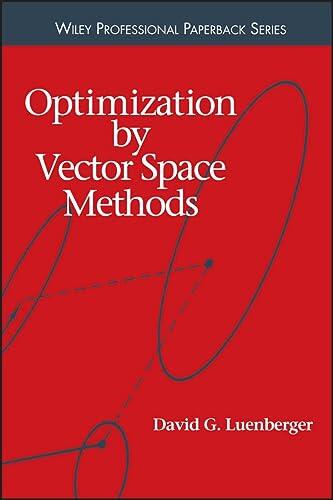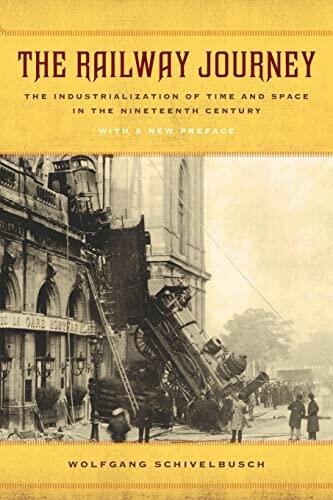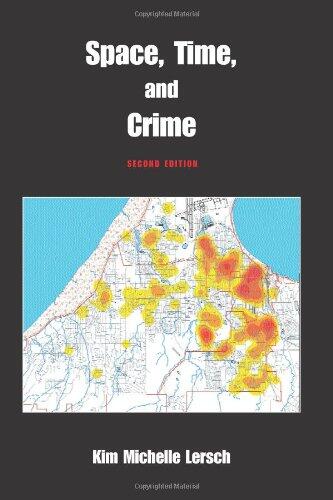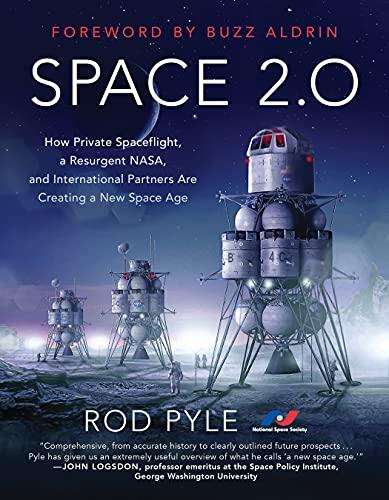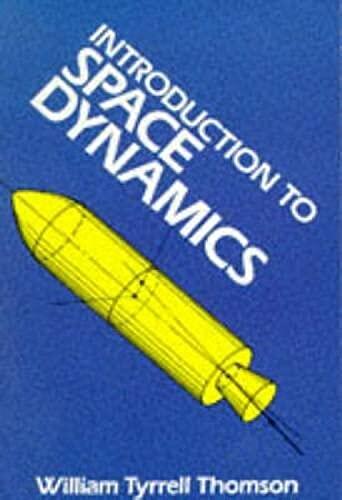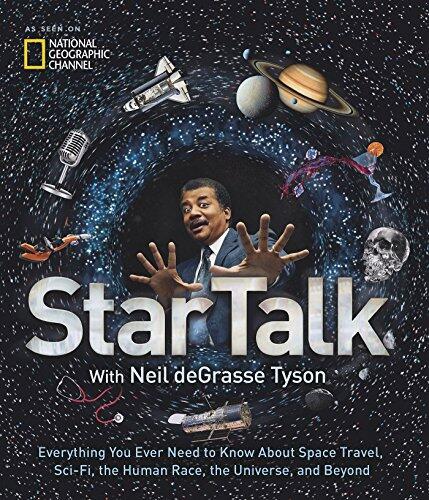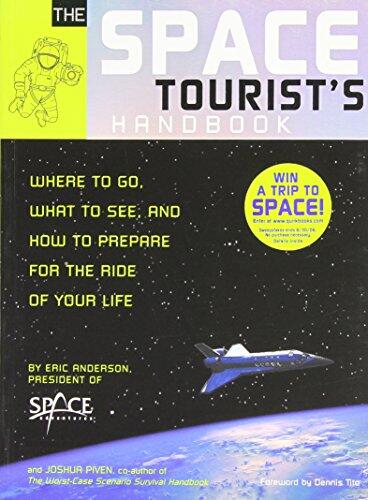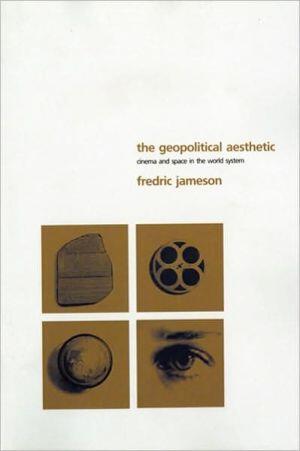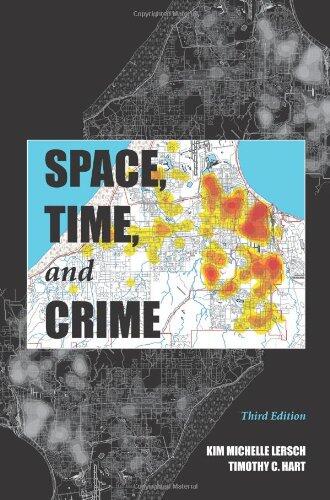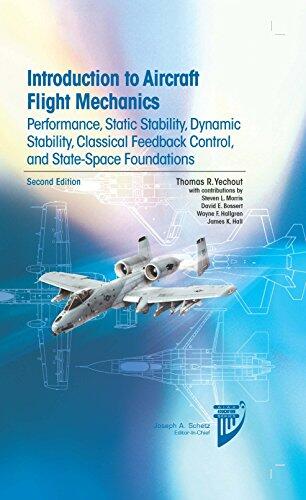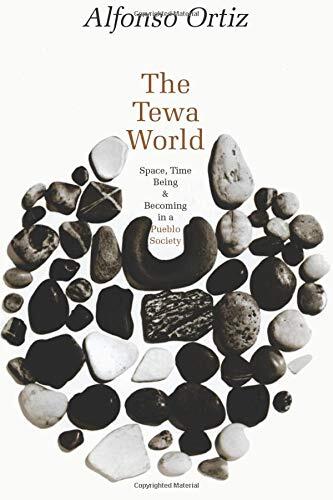
The Tewa World: Space, Time Being and Becoming in a Pueblo Society
还没有评分
Science & Technology
格式
平装书
页数
216
语言
英语
已发布
Feb 15, 1972
出版商
University of Chicago Press
版本
First Edition
ISBN-10
0226633071
ISBN-13
9780226633077
描述
Alfonso Ortiz delves into the intricate tapestry of Tewa culture, offering readers a profound exploration of their societal structure, beliefs, and the nuanced relationship they maintain with time and space. The work paints a vivid picture of Pueblo society, emanating warmth and depth that reflects the vibrancy of its people and traditions.
By examining customs and communal practices, the author highlights how the Tewa navigate their world, intertwining spirituality and everyday life in ways that shape their identity. Through a careful analysis, Ortiz reveals the underlying philosophies that govern the Tewa's understanding of existence and their connection to the universe.
Rich in detail, the narrative invites readers to appreciate the subtleties of Tewa life, from rituals to collective memory, underscoring the importance of community in their worldview. The text serves not only as an academic resource but also as a window into the richness of human experience, resonating well beyond the confines of anthropological study.
This exploration captures the essence of being and becoming within the Tewa world, encouraging readers to reflect on their own perceptions of space, time, and cultural identity. The richness of Ortiz's observations makes the book an invaluable contribution to the understanding of indigenous societies and their enduring legacies.
By examining customs and communal practices, the author highlights how the Tewa navigate their world, intertwining spirituality and everyday life in ways that shape their identity. Through a careful analysis, Ortiz reveals the underlying philosophies that govern the Tewa's understanding of existence and their connection to the universe.
Rich in detail, the narrative invites readers to appreciate the subtleties of Tewa life, from rituals to collective memory, underscoring the importance of community in their worldview. The text serves not only as an academic resource but also as a window into the richness of human experience, resonating well beyond the confines of anthropological study.
This exploration captures the essence of being and becoming within the Tewa world, encouraging readers to reflect on their own perceptions of space, time, and cultural identity. The richness of Ortiz's observations makes the book an invaluable contribution to the understanding of indigenous societies and their enduring legacies.
